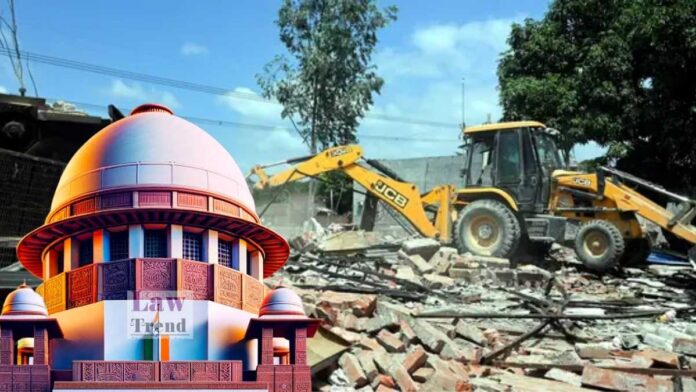In a landmark ruling on Wednesday, the Supreme Court of India pronounced that the practice of demolishing homes of individuals accused or convicted of crimes is a violation of the law. The court emphasized that even if a person is accused or found guilty, it does not justify the destruction of their home. The court
To Read More Please Subscribe to VIP Membership for Unlimited Access to All the Articles, Download Available Copies of Judgments/Order, Acess to Central/State Bare Acts, Advertisement Free Content, Access to More than 4000 Legal Drafts( Readymade Editable Formats of Suits, Petitions, Writs, Legal Notices, Divorce Petitions, 138 Notices, Bail Applications etc.) in Hindi and English.




